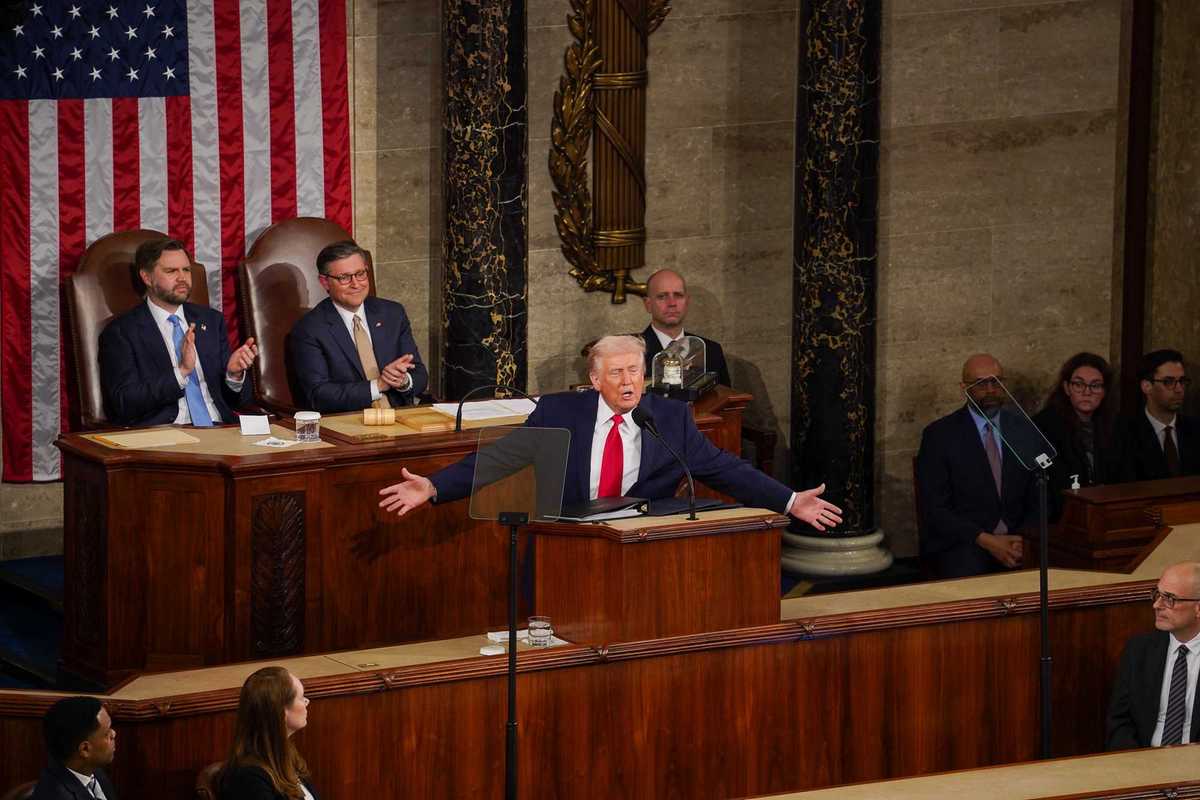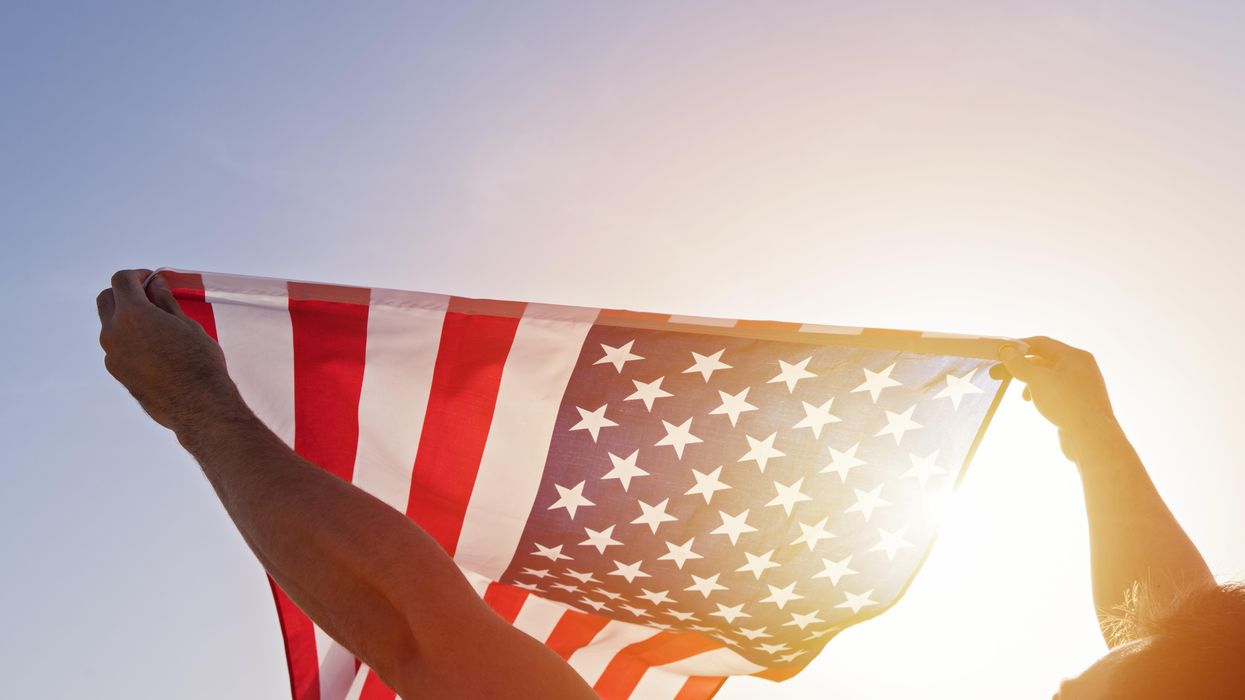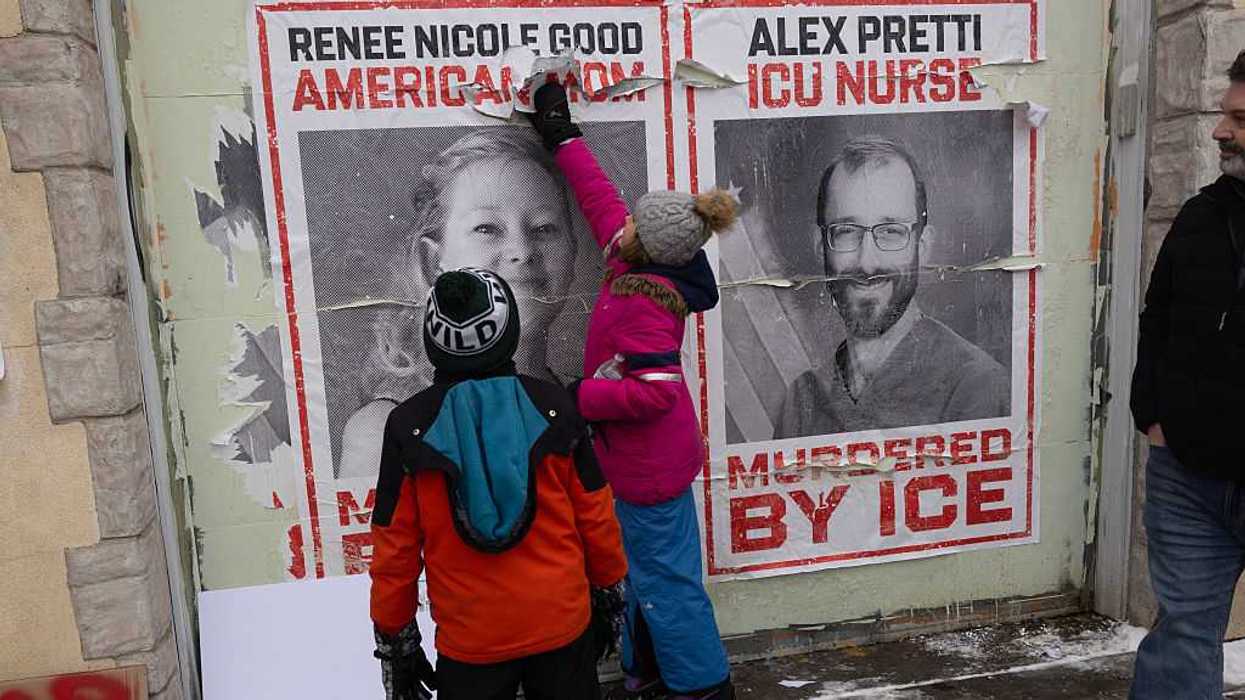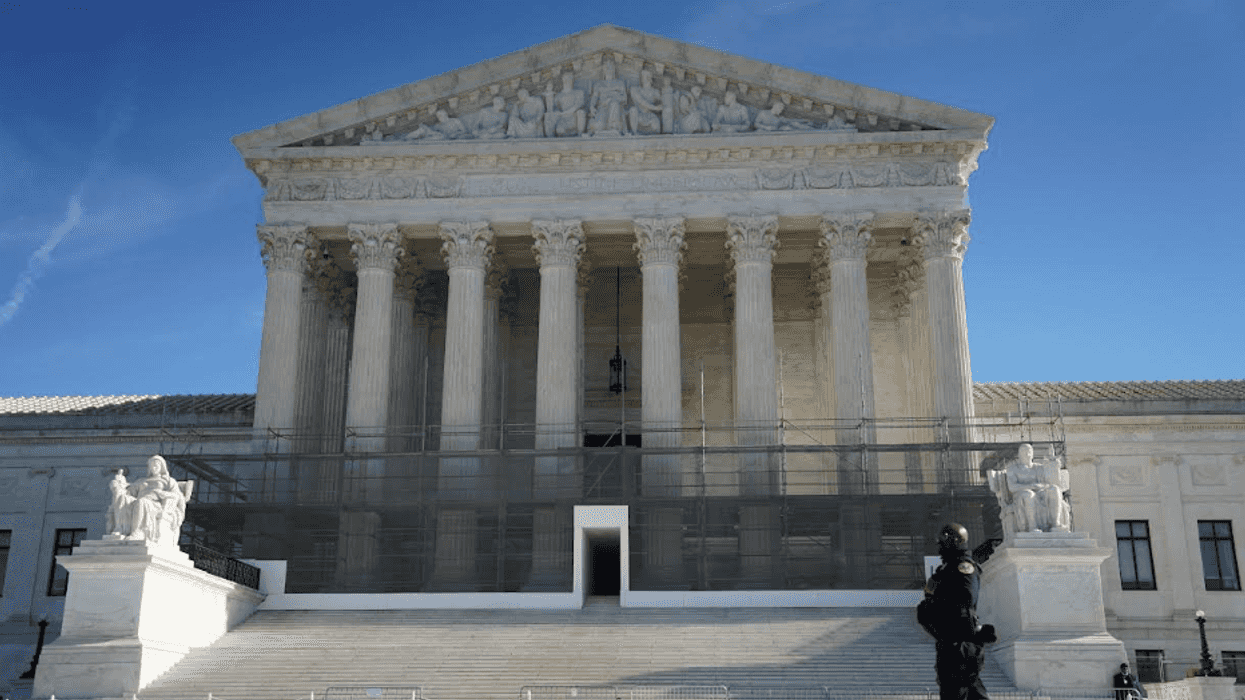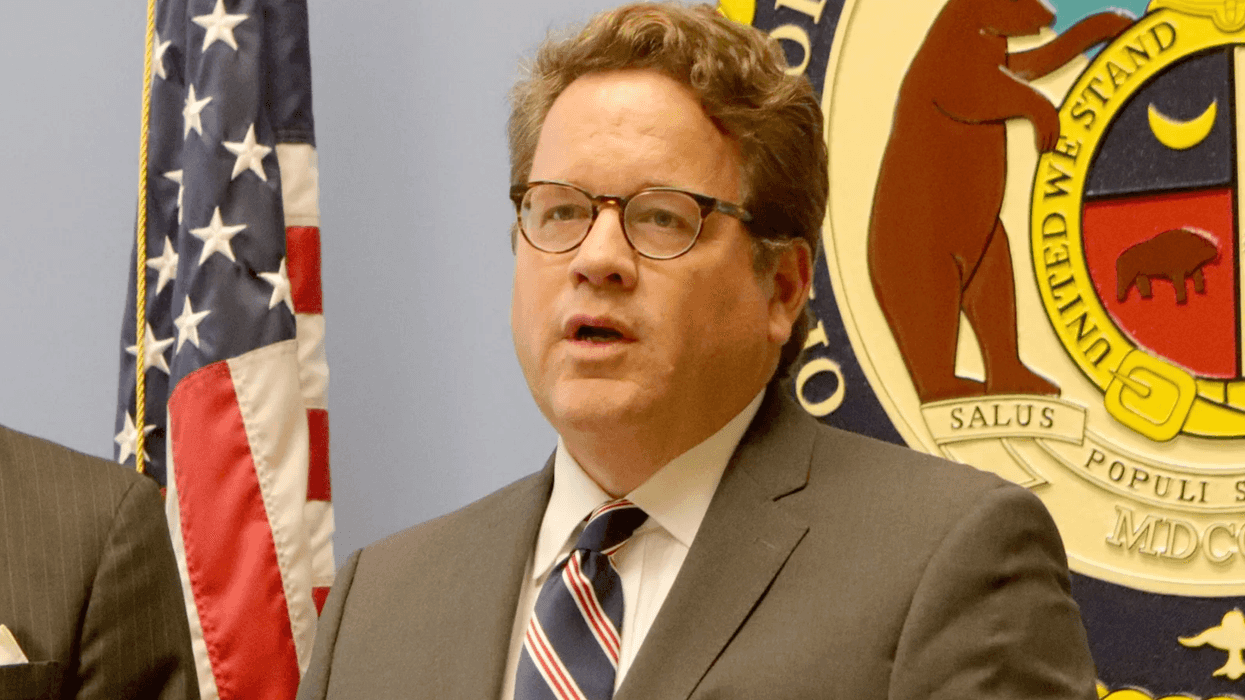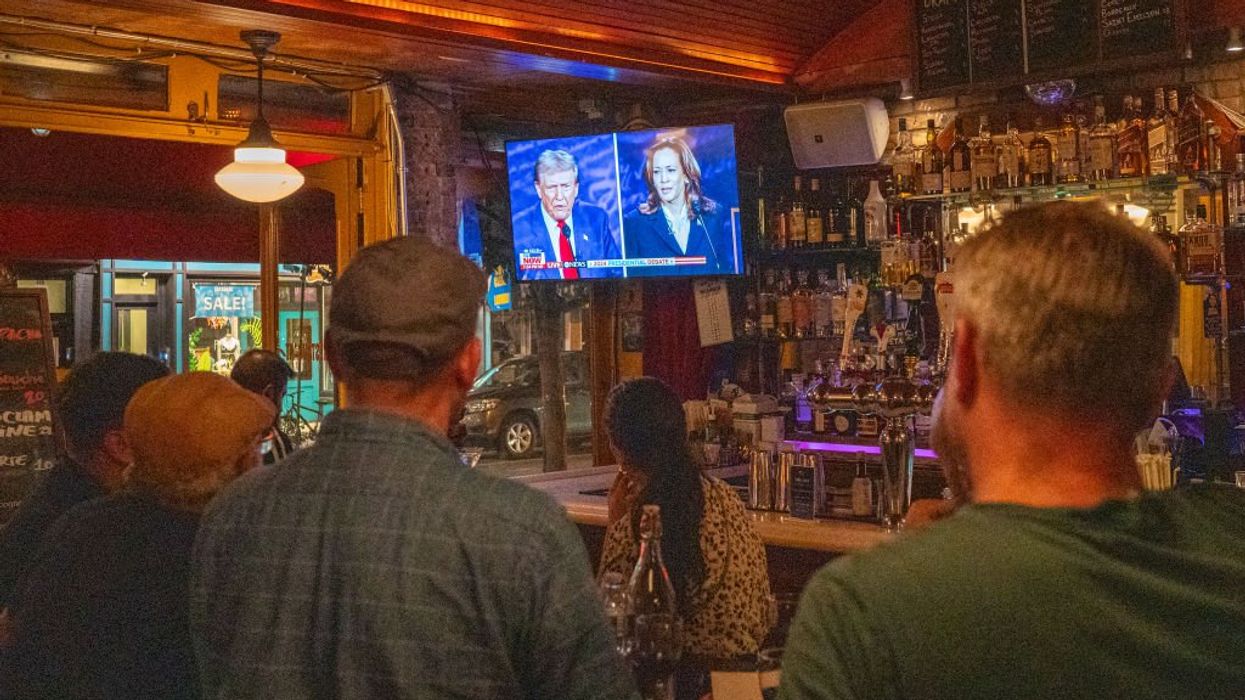Murphy is the director of FixUS, the democracy reform advocacy arm of the Committee for a Responsible Federal Budget, a fiscal policy think tank of which he is also chief of staff. Henry is a program associate for FixUs and CRFB.
Patriotism is defined as “ love for or devotion to one’s country,” a value that, historically, Americans have shared very broadly. Yet one would not be criticized for questioning whether this trait is waning in the face of deep polarization, mounting national pessimism and politicization of the topic itself. In just the last few weeks, polls reminded us that rapidly growing majorities of Republicans and Democrats say their political counterparts are close-minded, dishonest, immoral, and unintelligent, and two-thirds of Republicans, Democrats, and independents alike fear American democracy itself is in danger of collapse.
Despite our national melancholy, however, American patriotism appears to remain alive and widespread; 72 percent of Americans are proud to be so, and 73 percent would, despite its faults, rather live in the U.S. than another country, according to the results of a poll we conducted with YouGov earlier this summer. At the same time, other polls, such as Gallup’s June American pride survey, suggest patriotism may simultaneously be on a decline.
Tapping into and restoring our shared sense of patriotism might be the critical element we need to overcome hyperpolarization, but if we hope to do this, we must better understand what drives our underlying love of country in the first place. We also should recognize how partisans think differently on these topics to prevent extremist voices from exploiting these divisions for their benefit.
In testing some hypotheses about what might drive our shared patriotism, our initial findings suggest three simple yet fundamental points:
We take pride in our shared story. Contrary to the divisive debates over the nation’s past, Americans, regardless of partisan affiliation, express pride toward many of the defining aspects of U.S. history, ranging from scientific and technological innovations to winning World War II, from the resolution of the Civil War and outlawing slavery to the adoption of the Constitution and the Bill of Rights, and to guaranteeing women’s suffrage in the 19th Amendment (the greatest source of pride among the list provided in our poll). More in Common has found this as well, with Americans expressing high levels of familiarity and warmness toward historical figures ranging from Benjamin Franklin and George Washington to Rosa Parks and Martin Luther King Jr.
We stress the importance of our ideals. Americans are unequivocally united in their belief in America and what America should be. Regardless of party, Americans declare that each of our fundamental ideals is especially important to them, including America’s striving to be a land of opportunity and liberty, a melting pot and a country of equal justice for all.
We are not blindly allegiant. Some have feared the possibility of a growing pernicious form of nationalism taking root in America. Yet sentiments associated with blind patriotism are low in the aggregate, whereas huge majorities support the concept that criticizing and working to improve the country is in and of itself patriotic. For example, 85 percent of Republicans, 86 percent of independents, and 88 percent of Democrats think you should notice and work to correct America’s problems if you love the country.
With Americans having a common sense of history, a shared sense of ideals and the need to achieve them, and a belief that criticism of our nation’s problems is the task of a true patriot, it would appear the country has a foundation for building a shared patriotism.
Of course, we are a long way from realizing that goal. Our research and that of many others have found that despite our shared values, we suffer from a profound mistrust of “the other.” For example, despite majorities professing a belief that those who express their love of country differently (even through criticism) are valued community members whose freedom of speech and right to protest injustice should be protected, only 43 percent of Americans agree that people who protest U.S. policy are generally good, upstanding people and valued members of society. This severe mistrust of the motives of others – so long as their criticism is different than what we would likely give – is further compounded by a substantial perception gap where people ascribe different beliefs to others than they genuinely hold.
But what if the root of these divides lies with the American story itself – our perpetual struggle to achieve our founding ideals? What if, instead, we recognized that we all agree on the same ideals, but we just differ on how close (or not) we are to achieving our full realization?
For example, 83 percent of Republicans believe we are more than halfway to becoming the ideal land of opportunity, “where if you work hard and play by the rules, you can achieve success and a happy life for yourself,” while only 57 percent of independents and 51 percent of Democrats do so. Similarly, 73 percent of Republicans believe we are more than halfway to achieving the “equality and justice for all” ideal for the country, “where all groups in society are respected and treated fairly,” compared to 51 percent of independents and 43 percent of Democrats.
These divides are not just deserving of recognition but are worth elevating and reconciling. For, as 85 percent of Americans indicate in their appreciation of criticizing our country's flaws and problem-solving, true patriotism is not just a feeling or a sense of nationhood but a constant action thereof. One reflection of this duty is countering misperceptions, both our own and those we interact with. But more importantly, it is building trust by building bridges, and our data suggests the emerging bridge-building movement has an enormous opportunity to bring people together by focusing on the foundational task of closing the gap between the America of today and the America we dream of. We believe a shared patriotism will provide this bond: a patriotism that is not an act of worship but one of love for our fellow citizens and faith in the common ideals that have brought us this far, and one that compels us to account for our national flaws, collaboratively respond to the critical disputes of today, and continue working toward a more perfect Union tomorrow.




